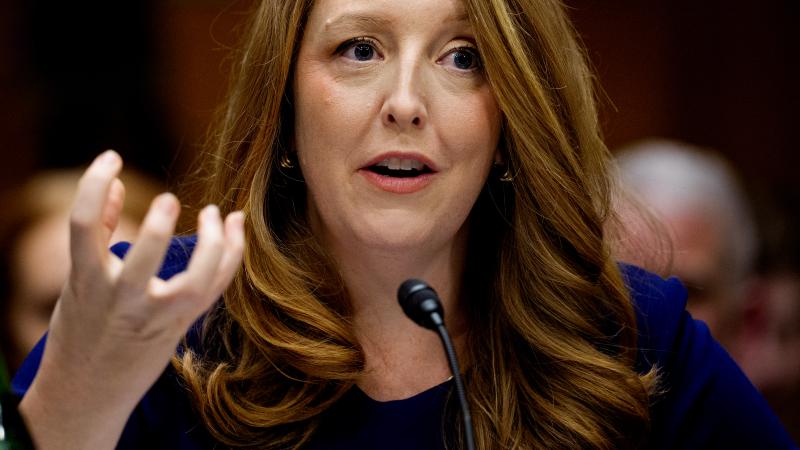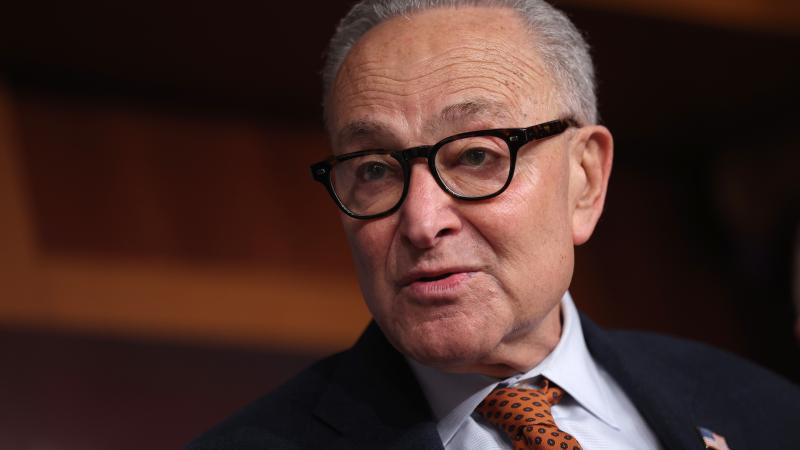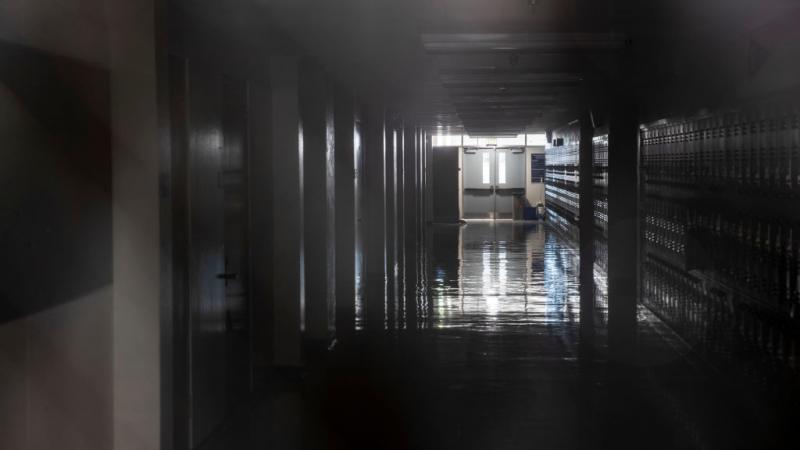Hundreds of 2020 election voter registration forms from Michigan appear fraudulent
In a file of 18 voter registration forms, none of them listed Michigan-issued driver’s licenses. It remains to be seen how deep the fraudulent voter issue goes, and whether it would have changed any election outcome. The state's Attorney General says it didn't.
More than 200 voter registration forms that the Muskegon Police Department in Michigan received from the city clerk during the 2020 presidential election were suspected to be fraudulent, with incorrect or phony addresses and some names signed in reverse order.
A total of 254 voter registration forms for the 2020 general election that Just the News has received appear to be fraudulent. These forms were part of an investigation that the FBI took over, but what happened since remains mostly a mystery.
In August, the Attorney General for the State of Michigan's office confirmed that there was a state investigation into thousands of suspected fraudulent voter registrations during the 2020 election. That investigation was referred to the FBI, the Bridge Michigan reported.
Danny Wimmer, press secretary for the State Attorney General, told Just the News that among 8,000 to 10,000 voter registration forms that were submitted to the Muskegon clerk before the 2020 general election, some were, after review, suspected to be fraudulent.
"An organization turned in some thousands of voter registrations throughout the fall of 2020, estimated on the high end to be cumulatively 8-10,000, and some within those batches were found to be suspicious or fraudulent," Wimmer said. "There were legitimate registrations within the batches. The city clerk receiving the batches alerted authorities when she began noticing irregularities.
"None of the fraudulent material was incorporated into the state’s qualified voter file, and this had no effect on any ballot requests or associated processes. This attempted fraud was detected because the system worked," Wimmer added.
According to the dozens of pages of police reports from the Muskegon Police Department and Michigan State Police, a firm called GBI Strategies was under scrutiny as an organization central to alleged voter registration fraud in the 2020 presidential election. The matter was initially investigated by city and state authorities before the FBI took over in 2021.
A total of 37 voter registration applications were examined in detail by the Muskegon police, according to information in the latter half of the report. Of those, 26 had false names and/or fake addresses, three had incorrect information written by the people who registered, two had correct information but were not filled out by the people whose information was on the forms, and two forms had addresses that were no longer the voters' residence.
Ten of those applications with false names and/or addresses were part of a batch of 18 that “appeared to be completed, and signed by the same person,” according to the report, but the police only investigated the 10 that were in the City of Muskegon.
Just the News received 254 forms from an unnamed source close to the matter. Another unnamed source with direct knowledge verified the authenticity of the forms Just The News reviewed.
The Muskegon City Clerk didn’t respond to a request for comment regarding the forms.
A review of the forms shows serious discrepancies in the details. One group of 18 forms contains three forms that all have the address of 2312 Reynolds, Muskegon, MI, and appear to be written by the same hand.
Two more forms from that file have the addresses of 246 Southern and 829 Southern, Muskegon, MI. However, the only streets named “Southern” in Muskegon are West Southern Avenue and East Southern Avenue.
In the same file of 18 forms, none of them listed Michigan-issued driver’s licenses.
Several forms were missing the specific road the person lived on, only listing the house number and/or name of a road, but no “Road,” “Street,” “Lane,” etc.
Some of those forms listed Social Security numbers but at the same time, checked off a box that reads, “I don’t have a valid Michigan-issued driver’s license, a Michigan-issued state ID card, or a Social Security number.”
The forms provide spaces for registrants to fill out their last name first and then their first name. Then, at the bottom of the form, registrants are to sign their name.
However, a few forms were signed with the last name first and then the first name. For example, one form for Rodney Sanders was signed “Sanders Rodney.” Another form was signed “Day Charles” for a Charles Day. The form for Day also had an address that doesn’t appear to exist: 1149 Dyson, Muskegon, MI 49444.
After the FBI took over the case from the Muskegon and Michigan police, contacts between local law enforcement and the FBI continued into 2022, but there is no evidence of what happened after that in the memos obtained by Just the News through requests made under Michigan's Freedom of Information Act.
Last month, the FBI denied a Freedom of Information request from Just the News regarding records from the investigation into GBI Strategies. The FBI’s response partially reads: “The material you requested is located in an investigative file which is exempt from disclosure.”
When Just the News first asked about the investigation on Aug. 9, the FBI National Press Office said the following day that their “standard practice [is] to neither confirm nor deny the existence of an investigation.” The Muskegon Police Department also declined to comment on the investigation “because this matter is possibly an active investigation by our law enforcement partners.”
















